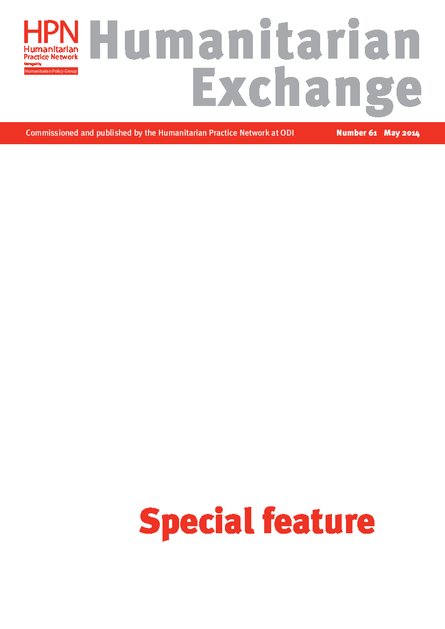
This article questions whether the humanitarian cluster systems mechanisms for strategic thinking really allow plans to be adapted as situations change, with a particular focus on the Shelter Cluster during the Haiti earthquake response Using strategy documents, the Office for the Coordination of Humanitarian Affairs (OCHA)s Financial Tracking Service and minutes of the Strategic Advisory Group (SAG) of the Haiti Shelter Cluster (the coordination structure for shelter agencies), we ask whether different decisions could have been made in early 2010. The article seeks to determine whether more questions could have been asked about the assumptions underpinning the response; learn from the Shelter Clusters strategic thinking in Haiti one of the only published accounts of this process; offer a method of analysis for other clusters or responses; and illustrate the larger problems with the way the cluster system (and many other bureaucratic structures) has been conceived. It reflects on our roles without overinflating the importance of the international contribution, attributing blame, singling out the Shelter Cluster or dwelling on Haiti as an exceptional or complex context.